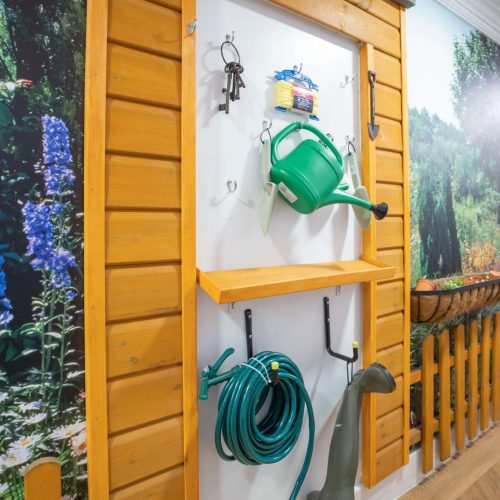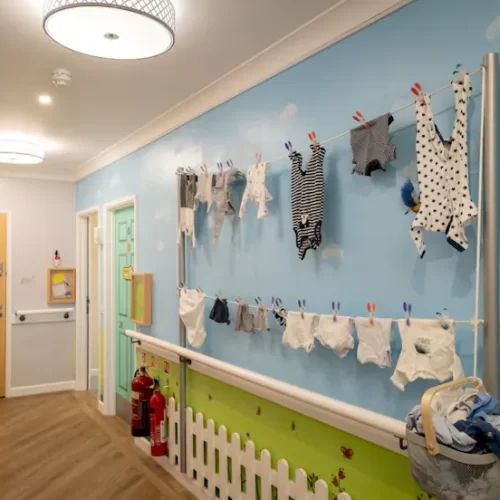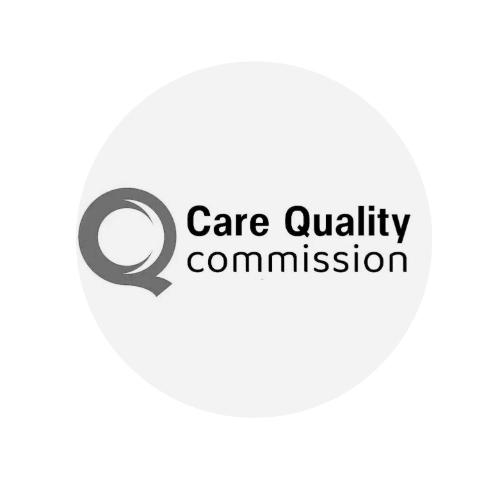Cost of Dementia Doubling by 2040

The Alzheimer’s Society has recently conducted research into the current cost of dementia in the UK and used that data, plus the data around the number of people diagnosed with the disease in the UK, to predict the future costs in our country.
The prediction is that by 2040, dementia will cost the UK almost £91bn a year – that is double the current cost, which sits at £42.5bn today.
What Does This Figure Include?
The research was completed by the health policy analyst company Carnall Farrar and focused on the cost of every aspect of dementia.
This cost goes beyond the medical care that those living with dementia rely on and includes:
- Additional heating costs
- Social care
- Legal fees
- Police call-outs
- Benefits for full-time carers who have stopped working to provide care
It is expected that the number of people diagnosed with dementia will increase over the next 20 years, which will mean more of these resources being used, therefore costing the nation more.


How Did They Reach The Figure?
Carnall Farrar reached this figure by analysing the health records of 26,097 dementia patients dating back to 2017 to estimate the present and potential expenses of the condition.
Other interesting Predictions
The research predicts that healthcare costs for the disease will double, jumping from the £7.1bn currently spent on dementia care to £13.5bn by 2040.
Meanwhile, in the same time frame, social care costs will increase more severely from £17.2bn to £40.7bn, and the cost of funding unpaid care provided by relatives and friends will rise from £21.1bn to £40.1bn.
What Is Causing This?
These increases are expected to occur because it is predicted that there will be an increase in the number of people who receive a dementia diagnosis. Currently, there are around 981,575 cases each year, but this is projected to rise to 1,402,010 thanks to an ageing and growing population.
With dementia already Britain’s biggest killer, The Alzheimer’s Society and the British Geriatrics Society (BGS) are using these predictions to call on ministers and the NHS to take action and improve the diagnosis process for dementia, as this could make an impact on the cost of the disease.

Early Diagnosis and Costs
The school of thought is that an earlier diagnosis of dementia will reduce the costs of care and resources in the UK.
This is because it will allow families and the person diagnosed with the disease to put a plan of action in place, including care and legal documents, preventing the need for emergency care, social care and legal arrangements when they find themselves in a crisis.
The process of diagnosis is slow, meaning people can’t access the necessary resources and work to slow down the progression of the disease.
When they eventually receive a diagnosis, it is too late, and emergency care is needed, or family members have to give up work and rely on benefits to care for their loved one.
Preparation could be key to reducing the costs of dementia in the UK, yet this is being prevented.
Read the full Guardian article to learn more.

Got A Question About Dementia Care?
If you have a loved one who is living with dementia and you have a question about their care, don’t hesitate to get in touch with our dementia care experts.
Call us on 01202 037373 or complete our online contact form to request a callback.














